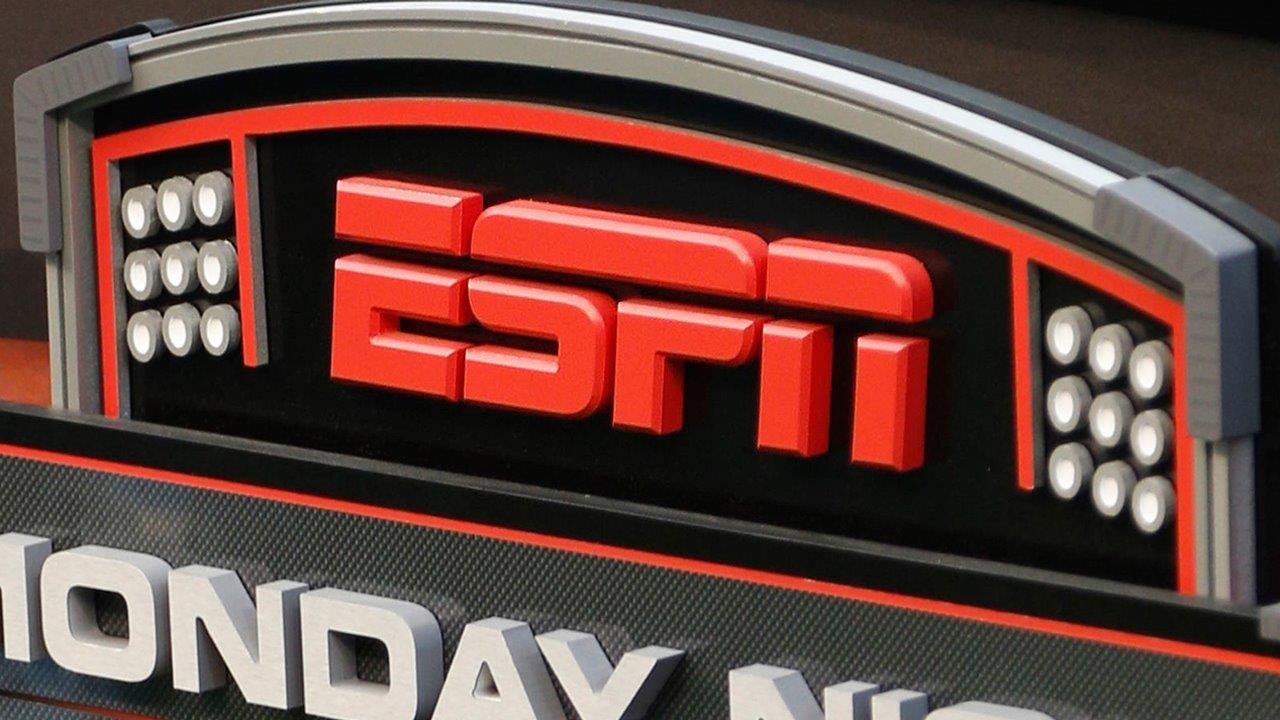How ESPN botched Robert Lee decision, according to media experts
Facing a charged political climate after the Charlottesville protests, ESPN misjudged its audience when it pulled broadcaster Robert Lee from calling a University of Virginia football game because he shares a name with Confederate general Robert E. Lee, sports media experts told FOX Business on Wednesday.
ESPN is drawing near-universal criticism for the decision to re-assign Lee, an Asian-American broadcaster who joined the network in Sept. 2016. An unnamed ESPN executive told USA Today that network officials worried Lee’s name would expose the young broadcaster to mockery on social media.
By attempting to avoid the possibility of a backlash over Lee’s name, ESPN once again exposed itself to allegations of political bias that have plagued the network in recent years, Dr. Andy Billings, director of the University of Alabama’s sports communication program, told FOX Business.
“I think ESPN erred not in believing Robert Lee could become the source of odd Internet memes--as that was entirely possible--but in failing to realize the potential fallout from opting to shift Lee,” Billings said. “Doing so opened the company to the oft-levied claims of liberal bias, but also showed less faith that the large majority of their audience would think of Lee's assignment as anything but odd coincidence.”
ESPN said Lee and network officials mutually agreed to re-assign him to another game due to its proximity to violent white nationalist protests in Charlottesville, Virginia. Violence at an Aug. 12 rally to protest the removal of a Confederate Lee statue led to dozens of injuries and one death.
“In that moment it felt right to all parties. It’s a shame that this is even a topic of conversation and we regret that who calls play-by-play for a football game has become an issue,” ESPN said in a statement.
The debate surrounding Lee’s re-assignment came days after ESPN apologized for airing a fantasy football draft auction segment that social media users ripped for its resemblance to a slave auction.
ESPN has repeatedly denied that its coverage of sporting events exhibits any political bias. Disney CEO Robert Iger called the allegations of liberal bias “completely exaggerated” at the company’s investor day last March. While ESPN has lost millions of paid subscribers to cord-cutting in recent quarters, some critics argue that the network’s politics have also played a role in the audience losses.
The possibility that Lee would face a wave of Twitter memes on game day because of his coincidental connection to a Confederate general “was likely far better than what's now perceived as both hypersensitivity and a lack of focus on the real issues of racial injustice, bigotry, and the proper way to position ESPN's broadcast in that environment,” said Dr. Keith Strudler, a sports media expert and director of Montclair State University’s school of communication in New Jersey.
“ESPN has managed to likely disappoint those on all sides of the political spectrum. Those on the left likely think ESPN has marginalized a complicated issue that deserves more thought than simply removing someone because of his name. And those on the right now assume ESPN assumes they cater to liberal ideals,” Strudler said.




















